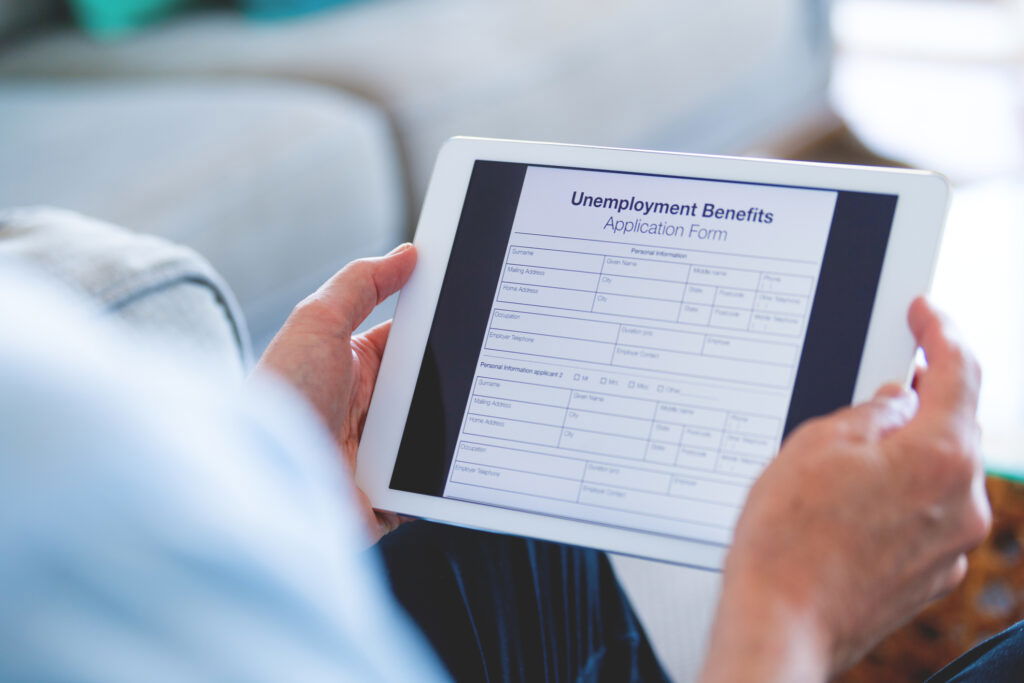U.S. Adds Just 22,000 Jobs In August As Black Unemployment Rises

U.S. job growth slowed in August, adding just 22,000 positions, while Black unemployment surged to its highest point since late 2021.
According to data released on Sept. 4, the Wall Street Journal reports, private payrolls increased by just 54,000, well below the 75,000 economists had forecasted in a Dow Jones poll, marking a notable slowdown from July’s revised gain of 106,000.
The report caps a summer of sluggish hiring, highlighting a stagnant job market that’s leaving recent grads out of work and pushing Black unemployment to pandemic-era highs. In August, during Black Business Month, Black unemployment jumped to 7.5%, its highest since October 2021 (7.6%), following rises in June (6.8%) and July (7.2%).
With economists often view increases in Black unemployment as a “canary in the coal mine,” the downward trend signals a potential slowdown in the broader job market.
“The most vulnerable people tend to get laid off first, and unfortunately, that tends to be Black Americans, and that’s something that is very disturbing in and of itself,” said Diane Swonk, chief economist at accounting firm KPMG US.
Nela Richardson, ADP’s chief economist, cited rising consumer concerns, labor shortages, and AI-related disruptions as causes for the slowed job growth.
“The year started with strong job growth, but that momentum has been whipsawed by uncertainty,” Robinson said.
Black Americans make up roughly 13% of the U.S. workforce. A decline in their employment can significantly impact both Black communities and the broader economy, as their buying power is projected by Nielsen to reach $2 trillion by 2026, up from $1.7 trillion in 2024.
“When unemployment rises in our communities, it has a rippling effect across entire industries. Not just retail. Housing, health care—the impacts are across the board,” said Joyaa Cole, founder of Joe and Monroe, a Black-owned candle business in Houston.
Rep. Ayanna Pressley (D-MA) is urging Federal Reserve Chair Jerome Powell to address the sharp increase in Black unemployment, particularly among Black women. Pressley called the rate for Black women “a glaring red flag” for the overall health of the U.S. job market.
“When the rest of the country gets a cold, Black folks get pneumonia,” Pressley said.
RELATED CONTENT: Black Jobless Rate Tops 7% As White House Defends Ouster Of Labor Data Official





Responses